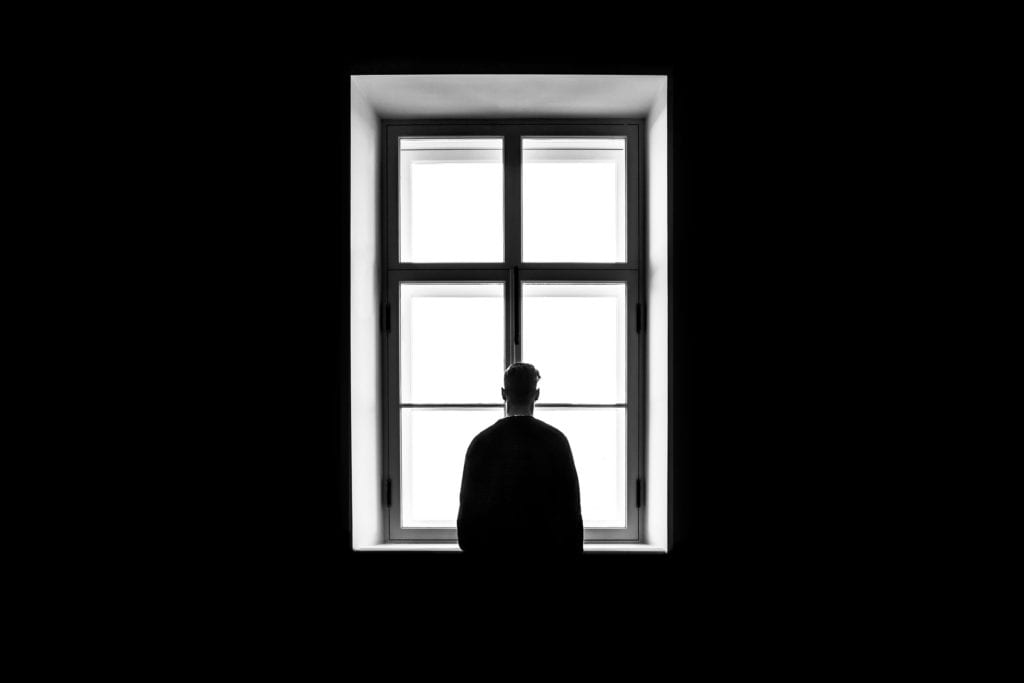
Quiet
It’s 4 o’clock in the afternoon and I’m the only one left in my area of the building. Classes cancelled, staff working from home, students enjoying an early spring break. Looking outside, a typically vibrant campus trafficked by the population of a mid-sized city feels listless.
The coronavirus has made its way to Austin.
Walking down the central hallway in my school’s charming but old building, I hear only the HVAC system blowing; white noise, as it’s called. The little voices normally echoing from the adjacent Child Development Center’s playground are not there, nor are the typical conversations among students and faculty. Also missing are humming engines and squealing breaks of busses that pass by regularly beyond the front driveway.
What so many watched unfold from afar—first in China, then in Europe, and then on the left and right U.S. coasts—has made its way here, to Austin and the University of Texas campus.
We knew it would happen but somehow temporarily reasoned it away.
Anxiety
People get sick and die from this virus, especially those over 60 but not exclusively so. Children and young adults can die, too, as can those with compromised health; and honestly, who cares about a person’s age when that person is one you love?
This virus takes other tolls. People lose income, and with that the ability to feed their families, to pay their rent and other bills, and, for too many in our midst, to pay for the medicines and health care they depend on.
If you struggle before a pandemic hits…
The weight of all of this feels heavier than before; closer, too.
Loneliness
“Social distancing” is the newly coined term. It began with prohibitions to shaking hands and hugging, and now requires not being within 6 feet of another person. It’s the most effective means for slowing the infection rates, or “flattening the curve” of the disease, another new term for most of us outside epidemiology and health care circles.
In other words, the best thing we can do if we think we have been exposed to this devious little bastard—and who can really know—is to isolate ourselves from others, at least physically, and wait it out. For those coming in direct contact with someone infected, this means a two-week physical exile from everyone—family and friends, colleagues and neighbors, and anyone else with whom we typically share our lives.
I know, a little isolation might sound appealing on some level, but it’s more challenging than it sounds and has a shadow side.
It heals us but dehumanizes us.
Human beings are social creatures. We gravitate toward other humans, naturally form emotional and physical bonds, and we plan and live our lives accordingly. What we do ties closely to those we do it with. What we find meaning in and what we enjoy, by-and-large, happens with trusted and valued others. Even among introverts like me!
Not only this, but when we face fear, worry, uncertainty, or other challenges, in most cases, most of the time, we reach out first to those we most value and love, physically as well as relationally, with words and gestures, yes, but also handshakes and hugs.
This hit me crossways today as I met with eleven trusted colleagues using Zoom, a video conferencing platform. Gathered from twelve different places, we accomplished our goals; but it wasn’t the same. In two weeks, we begin teaching our classes the same way.
We want to be in the presence of others, in an embodied way. It’s essentially human.
I experienced this desire firsthand three and half years ago, when Parkinson’s disease hit me crossways and became a part of my life. In an odd way, coronavirus feels like that. It’s different, and the same. At least the loneliness part; and the self-isolation.
As Dorothy Day recognized, “We have all known the long loneliness and we have learned that the only solution is love and that love comes with community.”[1]
Absent the physical presence of those most dear to us: family, friends, colleagues, students, neighbors; missing our communities in their fullest forms, we ache.
And hope.
[1] Dorothy Day, The Long Loneliness (New York: Harper and Row, 1952), 286.
__________
Photo by Sasha Freemind on Unsplash
Allan Cole is a professor in The Steve Hicks School of Social Work at The University of Texas at Austin and, by courtesy, professor of psychiatry in the Dell Medical School. Diagnosed with Parkinson’s in 2016, at the age of 48, he serves on the Board of Directors at Power for Parkinson’s, a non-profit organization that provides free exercise, dance, and singing classes for people living with Parkinson’s disease in Central Texas, and globally via instructional videos. He also serves as a Community Advocate for ParkinsonsDisease.net, writing columns about living well with Parkinson’s. He is author or editor of 10 books on a range of topics related to bereavement, anxiety, and spirituality. Currently, he is writing a book on counseling people with Parkinson’s disease, which will be published by Oxford University Press. Follow him on Twitter @PDWise
